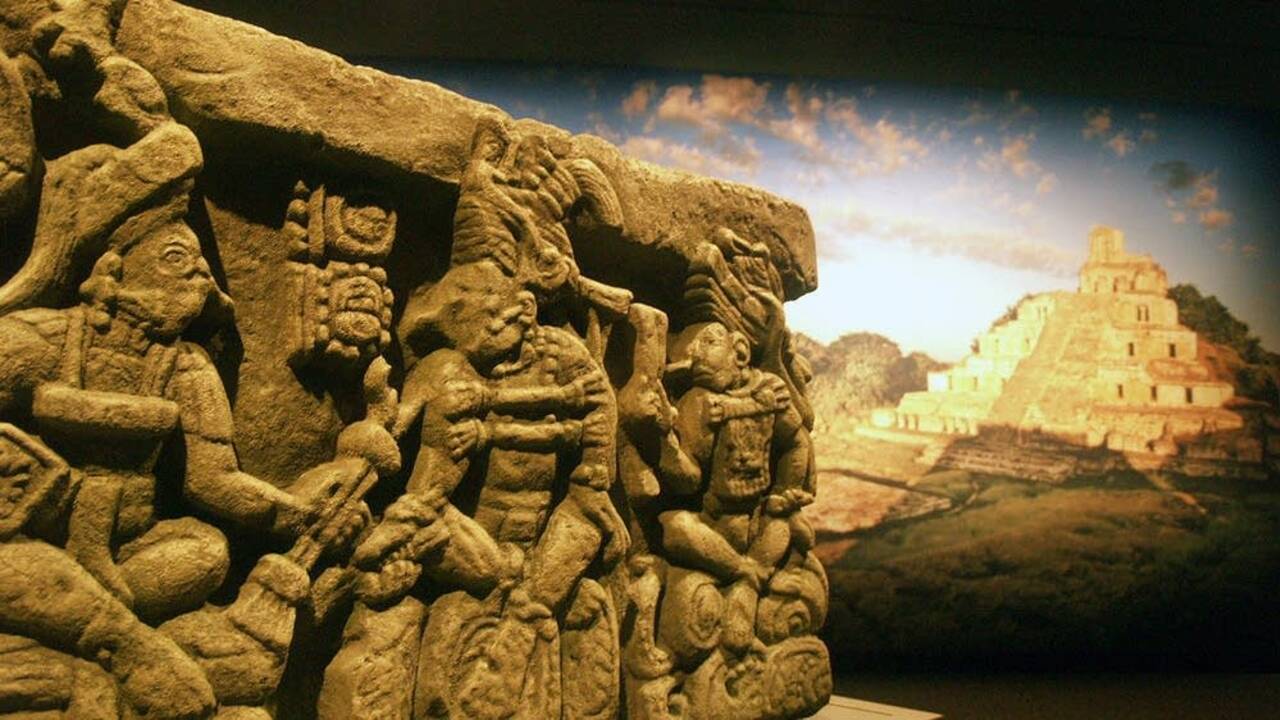Writing in the journal Nature Communications, Kennett, lead author of the study, and colleagues in archaeology, history, geography and earth sciences suggest that the drought may have triggered civil conflict, leading to institutional instability that fueled violence, which in turn precipitated Mayapan’s collapse.
“We found complex relationships between climate change and social stability/instability at the regional level,” Kennett said in an interview. “The civil conflict caused by the drought has had a devastating local impact on the integrity of Mayapan government institutions designed to maintain social order.”
According to the researchers, the vulnerability identified in the data stems from the Mayan dependence on precipitation for maize cultivation, the lack of centralized, long-term grain storage, minimal investment in irrigation, and a socio-political system led by elite families. competing political interests.
Source: Ferra












